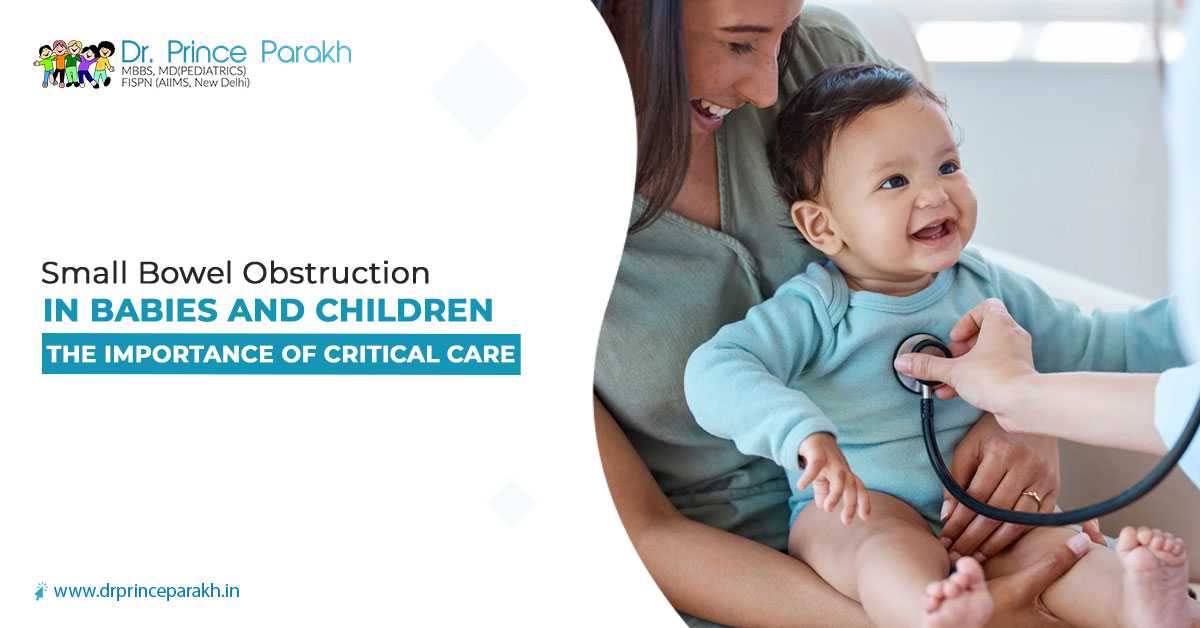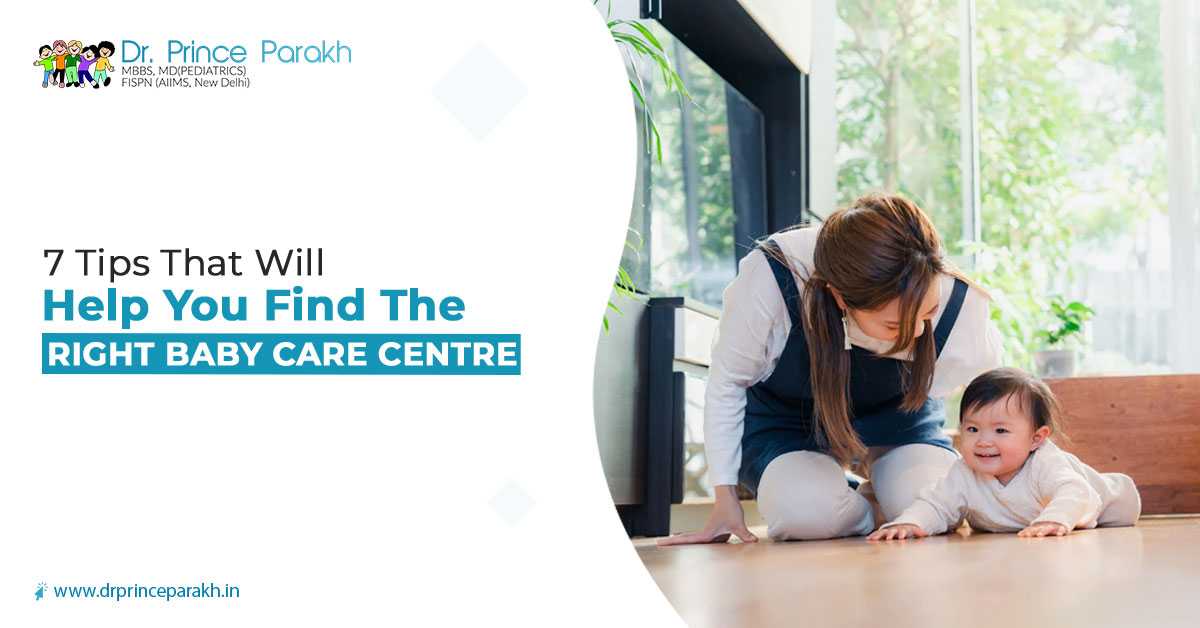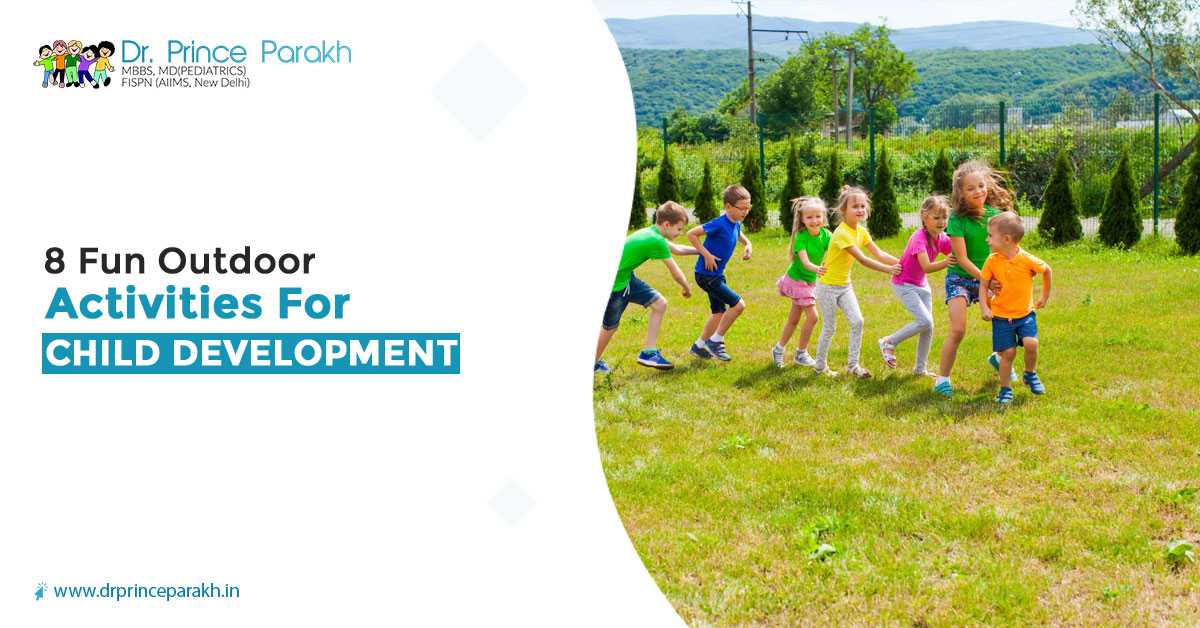Dengue is a life-threatening infectious disease that generally occurs in monsoon seasons. It is a mosquito-related disease that often affects children and they get affected with high fever. Children with dengue need special attention and care to survive well.
In most cases, parents thought that fever in children is common up to a certain age. But if you notice that your child gets affected by dengue and the flu lasts more than three days take your child to a pediatric doctor and get vaccinated immediately.
Dengue Fever: Concept
Dengue fever is a disease your child acquires from mosquito bites, those who carry any type of dengue virus (DENV). It is not a contagious disease. The first attempt of dengue is mild and treatable, and the second attempt of dengue is severe.
Dengue Fever: Symptoms
High fever (104 degrees F Approx) is common for dengue fever. Apart from fever, your baby may experience the following symptoms:
- Rash
- Vomiting
- Joint pain
- Pain in eyes
Dengue Fever: Severe case
Severe dengue is a fatal form. Fever comes and goes in between 24 to 48 hours. If you have resided in a dengue-affected area visit a pediatrician immediately when you experience the following symptoms with your baby:
- Excessive vomiting
- Blood in stool
- Nose bleeding
- Abdominal pain
- Fatigue
Dengue Fever: Causes
Dengue viruses are the primary reason for having dengue fever. When a mosquito is affected by this virus and bites your child it enters their body and your child feels sick.
The viruses break your blood vessels are make clots. Dengue viruses along with a few chemicals that the immune system creates hit your blood vessels and leak them. Thus severe dengue is life-threatening.
Dengue Fever: Diagnosis
After visiting your child specialist, he will recommend blood tests as they can easily detect dengue fever. After dengue is detected, your doctor will prescribe essential medications.
Dengue Fever: Treatment
.jpg)
There is no way to treat dengue. Your child specialist recommends how to manage symptoms and when you need to hospitalize your baby.
Managing dengue symptoms is one of the challenges faced.
Follow your child specialist’s advice completely, which includes:
- Always keep your baby hydrated with plain water and Pedilyte.
- Rest is necessary to your baby.
- If pain is intolerable talk to your doctor about pain killer medications.
- Don’t give your baby any medication without your pediatrician’s permission.
The best way to save your baby from dengue fever is to protect him or her from mosquitoes. Fever in children is common but in case if it’s dengue fever then it’s a sign of worry to many parents.
Use cotton cotton-covered dresses for your children especially at bedtime to avoid mosquito bites. Make sure your toddler always sleeps inside a mosquito net to get protected from dengue.








